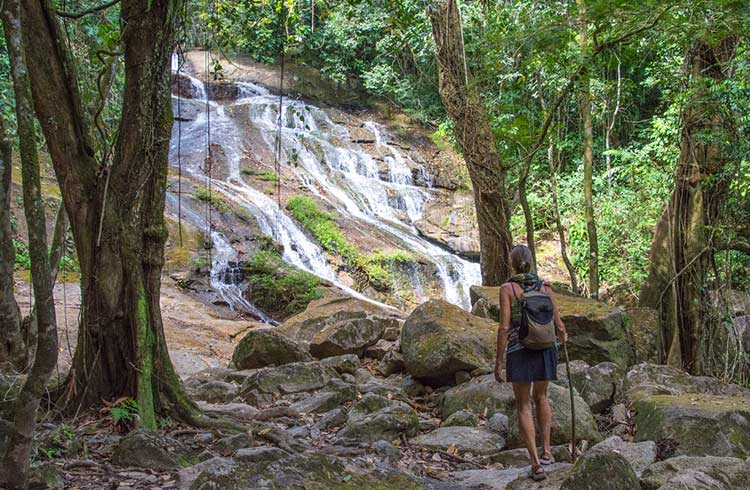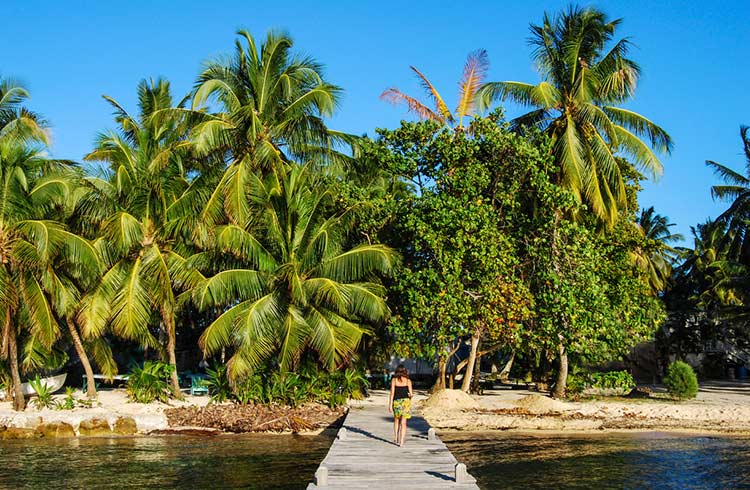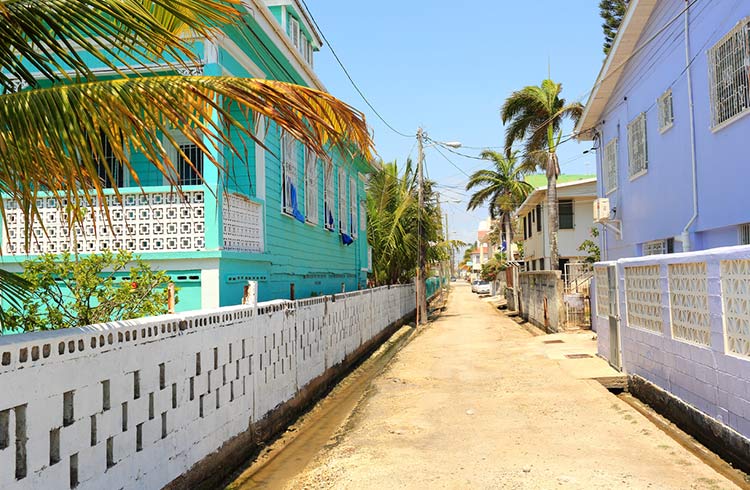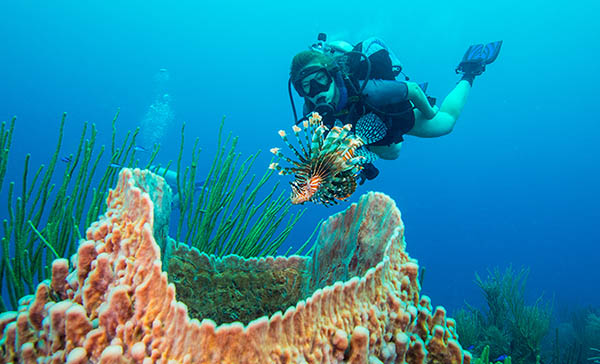Required Vaccinations and Travel Health Tips for Belize
If you're going to Belize, find out how to stay healthy, what vaccinations you need, and how to avoid getting sick while you're there.
 Photo © iStock/CampPhoto
Photo © iStock/CampPhoto
- Vaccinations for Belize
- Is the Water Safe to Drink in Belize?
- Chagas Disease
- Dangerous Creatures
- The State of Medical Facilities in Belize
- Listen to the World Nomads Podcast: Belize
Vaccinations for Belize
Travelers to Central America should have their shots up to date. Before you go, check in with your doctor to be sure you've got the following vaccinations: hepatitis, typhoid, and tetanus are essential.
A Rabies shot is recommended for those spending a lot of time outdoors, especially in rural areas, or among animals.
There is a risk of malaria everywhere outside the capital, except the more popular islands. A weekly 500mg dose of chloroquine, starting one week before arrival and ending four weeks after departure, should keep you safe. Chat to your personal doctor to be sure.
Dengue fever becomes a problem during the rainy season (June–November) when stagnant water accumulates and breeds the mosquito vector. Dengue transmission is especially risky in the Cayo District. It goes without saying, but using mosquito repellent, wearing long-sleeved clothing, and using a mosquito net at night are sure-fire ways to protect yourself.
Is the Water Safe to Drink in Belize?
Water is generally not safe to drink. Iodine tablets, UV water purifiers, or other filters should be essentials on your travel kit. Alternately, you can stick to bottled water – but purifying your water will help reduce your environmental footprint. You should also make sure any ice in your drinks is made with treated water, but to be sure, ask for drinks without ice.
Chagas Disease
In the rural areas of Belize there's the added risk – albeit small – of getting of Chagas disease, which is a parasitic infection transmitted by the reduviid bug. These live in the crevices of traditional mud or thatched huts, and bite people at night.
The parasite lives in the insects' faeces, which it lays on the victims' skin after biting. The infection happens when you rub the faeces into the bite wound. Symptoms include fever, fatigue, swelling on the bite area, nausea, diarrhea, and swelling of the liver or spleen.
If untreated, it can cause serious heart and digestive problems. Drugs to treat it are readily available in the region.
Dangerous Creatures
Belize is also home to many dangerous creatures with sharp fangs and stingers that pump out some fairly nasty toxins. Be on the lookout of spiders, snakes, jellyfish, stingrays, shells with spiky ridges, and ugly-looking fish with sharp lances coming out of them.
Humans are another species that can infect you with a deadly virus. Know that the HIV rate in Belize is 10 times higher than that of the UK.
What Are Medical Facilities Like in Belize?
Medical facilities in Belize can treat most everyday cases, but are ill-equipped for severe situations. These may require evacuation to another country at the patients' expense. So, travel insurance is recommended.
Listen to the World Nomads Podcast: Belize
Related articles
Simple and flexible travel insurance
You can buy at home or while traveling, and claim online from anywhere in the world. With 150+ adventure activities covered and 24/7 emergency assistance.
Get a quote


No Comments